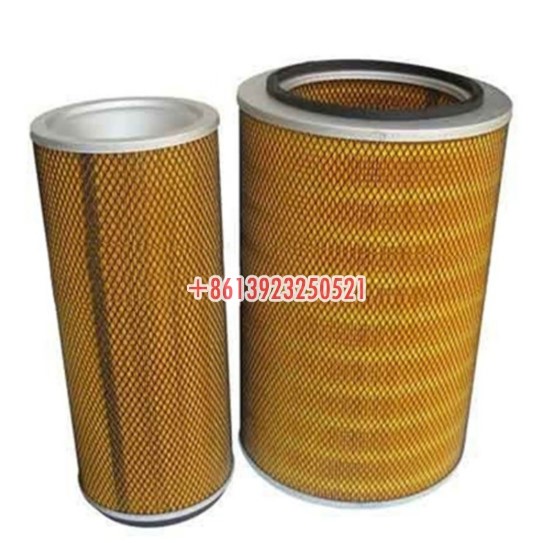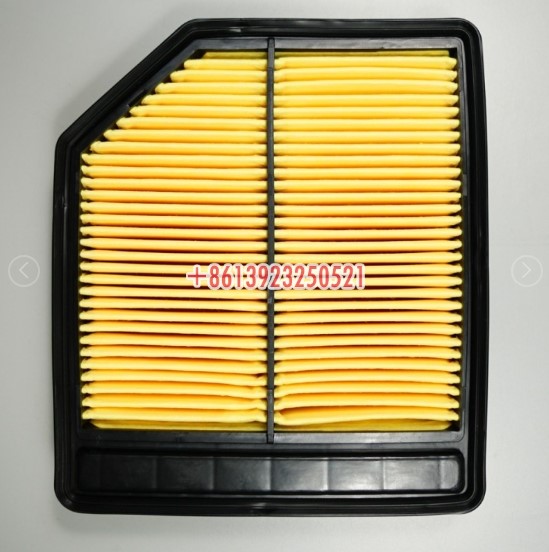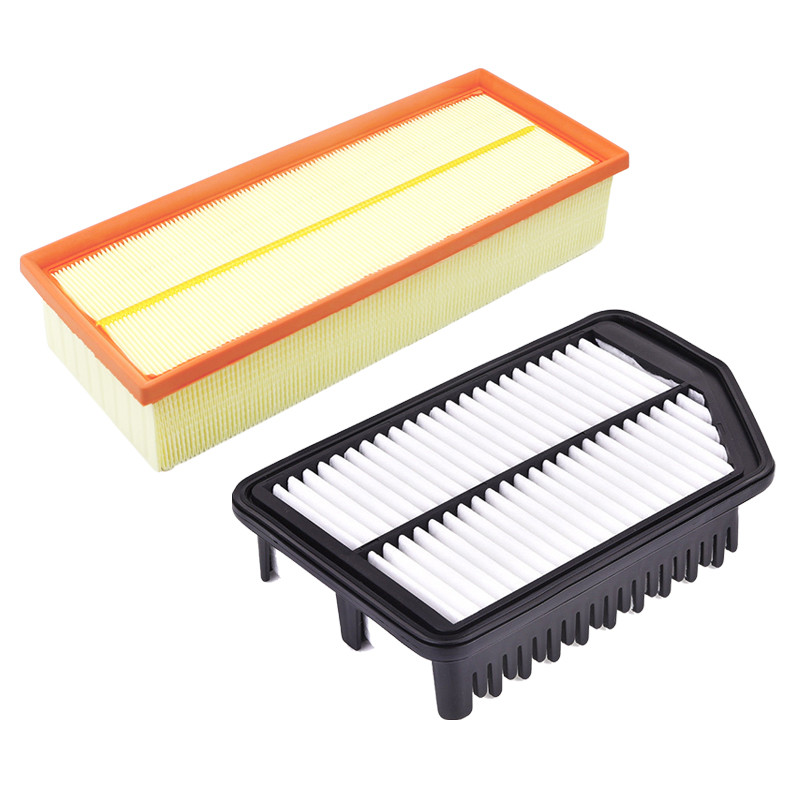When it comes to maintaining your diesel engine's performance, the air filter plays a crucial role. It ensures that the air entering the engine is clean and free from contaminants. Over time, the air filter can become clogged with dirt, dust, and debris, which can hinder engine performance and fuel efficiency. Many people wonder know Is it Better to Clean or Replace Your Diesel Engine Air Filter, keep reading the post and find the answer.
What Is The Engine Air Filter?
The diesel engine air filter is a vital component of the engine's intake system. It is designed to capture and filter out particles and contaminants present in the incoming air before it reaches the engine. The air filter ensures that only clean air reaches the combustion chamber by eliminating these pollutants, reducing damage to engine components and facilitating effective fuel combustion.

Importance Of A Clean Air Filter For A Diesel Engine
A clean air filter is of utmost importance for the optimal functioning of a diesel engine. It serves multiple purposes, including:
Protecting the Engine: The air filter acts as a barrier against dust, dirt, pollen, and other debris that can potentially enter the engine. Allowing these particles to get through can cause abrasion, wear, and damage to vital engine elements, resulting in decreased performance and greater maintenance costs.
Enhancing Fuel Efficiency: A clean air filter allows for the proper mixture of air and fuel in the combustion chamber. Clean air allows the engine to burn fuel more effectively, resulting in better fuel efficiency and lower pollutants.
Extending Engine Life: By preventing contaminants from entering the engine, a clean air filter helps prolong the engine's lifespan. It reduces the danger of early engine wear and keeps internal engine components clean, resulting in improved overall performance and durability.

Cleaning The Diesel Engine Air Filter
Cleaning the diesel engine air filter is an essential maintenance task to ensure the continued effectiveness of the filter in capturing contaminants and maintaining optimal airflow. Here are the general steps involved:
Remove the Air Filter: Begin by identifying the air filter housing, which is normally located near the engine's intake manifold or air intake duct. Carefully open the housing and remove the air filter. Take note of how the filter is positioned, since you will need to restore it appropriately.
Inspect the Filter: Before proceeding with the cleaning process, visually inspect the filter for signs of damage or excessive clogging. If the filter appears torn, heavily damaged, or saturated with oil or moisture, it may be necessary to replace it rather than attempting to clean it.
Pre-Cleaning: If the filter is relatively clean, you can begin by gently tapping it against a solid surface to dislodge loose debris. This helps remove larger particles and makes the subsequent cleaning process more effective.
Drying the Filter: Allowing the filter to dry completely before reinstalling it is critical after cleaning. Placing the filter in a well-ventilated room or utilizing low-pressure compressed air will assist accelerate the drying process. Heat sources and high airflow should be avoided since they might harm the filter.

Replacing The Diesel Engine Air Filter
Replacing the diesel engine air filter is an important aspect of regular maintenance. While cleaning the filter can help restore its performance to some extent, there are situations where replacement is the more appropriate option. Here's a closer look at the process of replacing the diesel engine air filter:
Identify the Correct Replacement Filter: Before you begin the replacement process, make sure you have the right replacement air filter. To determine the right filter size, type, and any special needs, examine the engine manufacturer's specs or the vehicle's handbook.
Locate the Air Filter Housing: The air filter housing is usually located near the engine's intake manifold or air intake duct.
Clean the Housing: While the housing is open, take the opportunity to inspect and clean it. Using a soft cloth or a brush, remove any accumulated dirt or debris. Before installing the replacement filter, make sure the housing is clean and free of obstacles.
Install the New Filter: Take the replacement air filter and carefully place it in the housing, ensuring that it is oriented correctly. Make sure the filter fits snugly and corresponds with any grooves or tabs on the housing. To prevent unfiltered air from entering the engine, double-check that the filter is correctly seated.
Close the Housing: Once the new filter is securely in place, close the housing according to the manufacturer's instructions. To avoid air leaks, ensure that it is firmly sealed. Make sure that all clips, screws, and locks are securely attached.
Conclusion
Maintaining a clean air filter is vital for optimizing the performance, fuel efficiency, and longevity of your diesel engine. Whether you choose to clean or replace the air filter depends on various factors. Regular inspection and maintenance are key to ensuring that your diesel engine operates at its best. When you want to change a new air filter, COOBELL is your good choice. We offer a wide range of air filters, browse our website for more product details!


.jpg)
.jpg)
